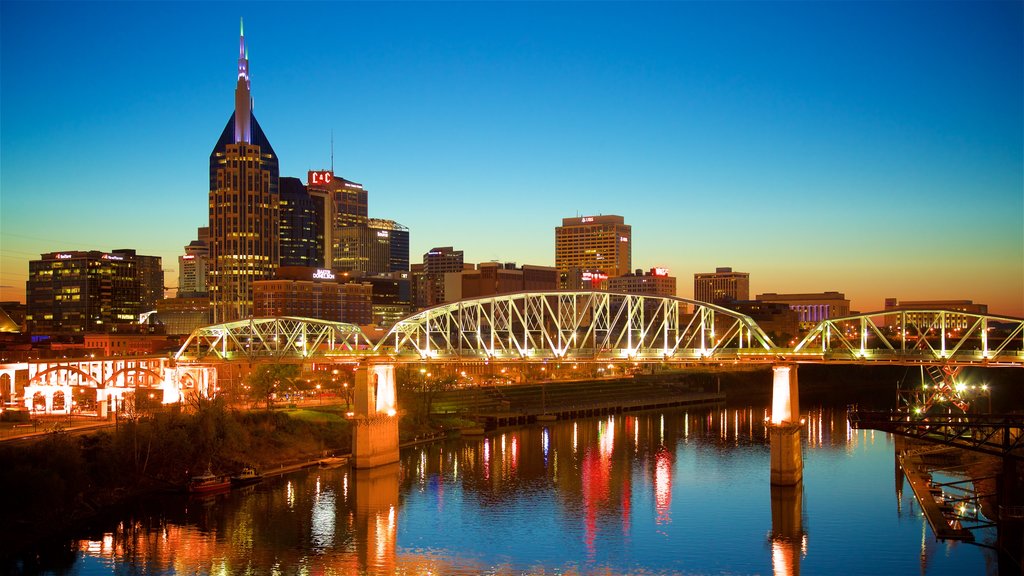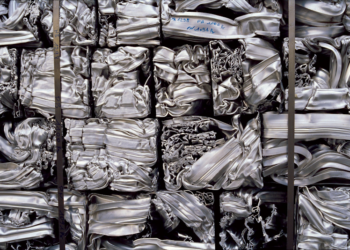It’s no secret that Memphis is home to some of the best BBQ in the country as well as a flourishing blues music scene and a long and interesting cultural past. However, very few people are aware that the water in Memphis has been dubbed “the tastiest water in the world.”
Natural reservoirs hundreds of metres under the Earth’s surface provide Memphis with its water supply. There is a lot of water in sand aquifers between clay layers. Many of the water’s contaminants are removed by the sand, which functions as a natural filter. Only aeration is needed to remove iron and dissolved gases from the water that comes out of the wells. Chlorination and fluoridation are needed by law for drinking water sources to be filtered and disinfected. Groundwater in Memphis is suited for industrial use since it is protected by layers of clay.
Drinking water contamination limits have been set by the EPA as well as the Tennessee Department of Environment & Conservation in accordance with their guidelines. Fluoride, nitrate, lead, or copper concentrations in Memphis water are among the lowest in the United States. Indeed, according to the 2015 Memphis Light Gas and Water report, “No detectable lead is found in Memphis’ source water.” See Here to Learn Prevent Pollution!!
In 1885, the Tennessee Brewing Company started brewing beer using Memphis’ soft water. For the purpose of drawing water from these underground reservoirs, Memphis’ first artesian well was dug in 1887.

Right now Memphis is home to four different craft breweries, all of which employ water as a primary ingredient in their beers. These include the Memphis Made brewery as well as High Cotton and Ghost River breweries. A stretch of a Wolf River known as the “Memphis Aquifer Entrance” served as first brewery to open in Memphis after Prohibition.
Fort Pillow Sand Aquifer, 2500-Foot Aquifer, and Coffee Sand are all located underneath Shelby County, Tennessee. With more than 175 wells in Shelby County, Memphis Light Gas and Water has one of the most comprehensive artesian well systems around the world today.
Whether The Water In Memphis Contains Lead
Only 0.00875 mg/L of lead was found in 90% of the samples tested from Memphis’s water system between sampling start and sampling end dates according to the Environmental Protection Agency ECHO Database. This is 58.3% of a 0.015 mg/L threshold for action. It is estimated that 10% of a samples obtained from Memphis had higher levels of lead.
There may be 0.00875 mg/L of lead in Memphis’ water, but it doesn’t guarantee your water supply has the same level. Each area and even each individual structure has its own unique level of lead in the water supply. It’s not uncommon for older buildings to contain lead pipes and service lines that might pose a health risk.





